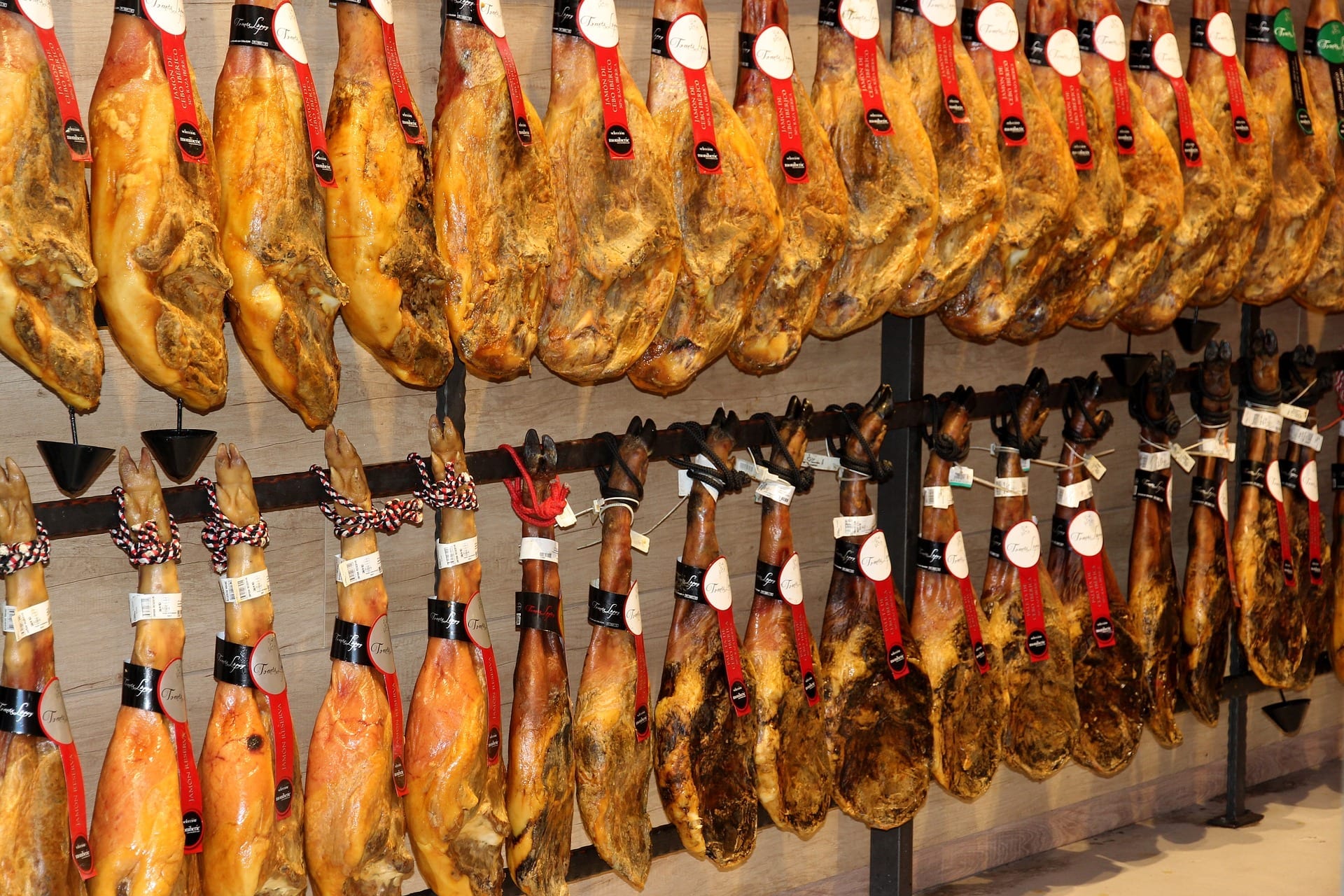Brussels and the European Commission have reacted after the last cases that have fallen mainly in the polish hams sold as if they were Spanish. So that confusion with food meat or others will run out from the next 1 April 2020. It will be when a new Regulation European. Actually, it is the modification of another previous one dating from 2011. This already established the obligation to indicate the the origin of the product. But not his principal ingredient, something that could be "misleading." That is why this measure has been taken that all food companies will have to respect.
How to fix this food confusion
The European authorities in charge of this matter have realized that the lack of that information it means that consumers do not know the "true country of origin or place of provenance" of the product. Because the raw material It matters a lot when preparing any food, now that data "Must be easily visible and clearly legible" and even "indelible". Everything to make that disappear confusion with food that until now exists, beyond the hams. In this way, specifying the origin also "must be easily understood by an informed average consumer".
All the food companies may choose to indicate only that the place of origin of the primary ingredient is different from that of the product if there are multiple sources of supply. In this sense, the new regulation argues that it is necessary to establish a framework. That "to take into account these different circumstances of food transformation." It is well known that a final product can go through different phases, companies and places during its production process. Of course, it will always be necessary to guarantee adequate information.
Because beyond the ham sold by Coma, case of which we already published several articles until the end of the fraud, the confusion with food has also affected the origin of piglet. It is another derived example of allowing inaccurate labeling at all. This ambiguity It misleads the buyer, since they do not know if they are really buying a product whose meat is typical of the place that appears on the label. That is, from the company or brand that makes that food. This will come to an end after the reaction of Europe.







